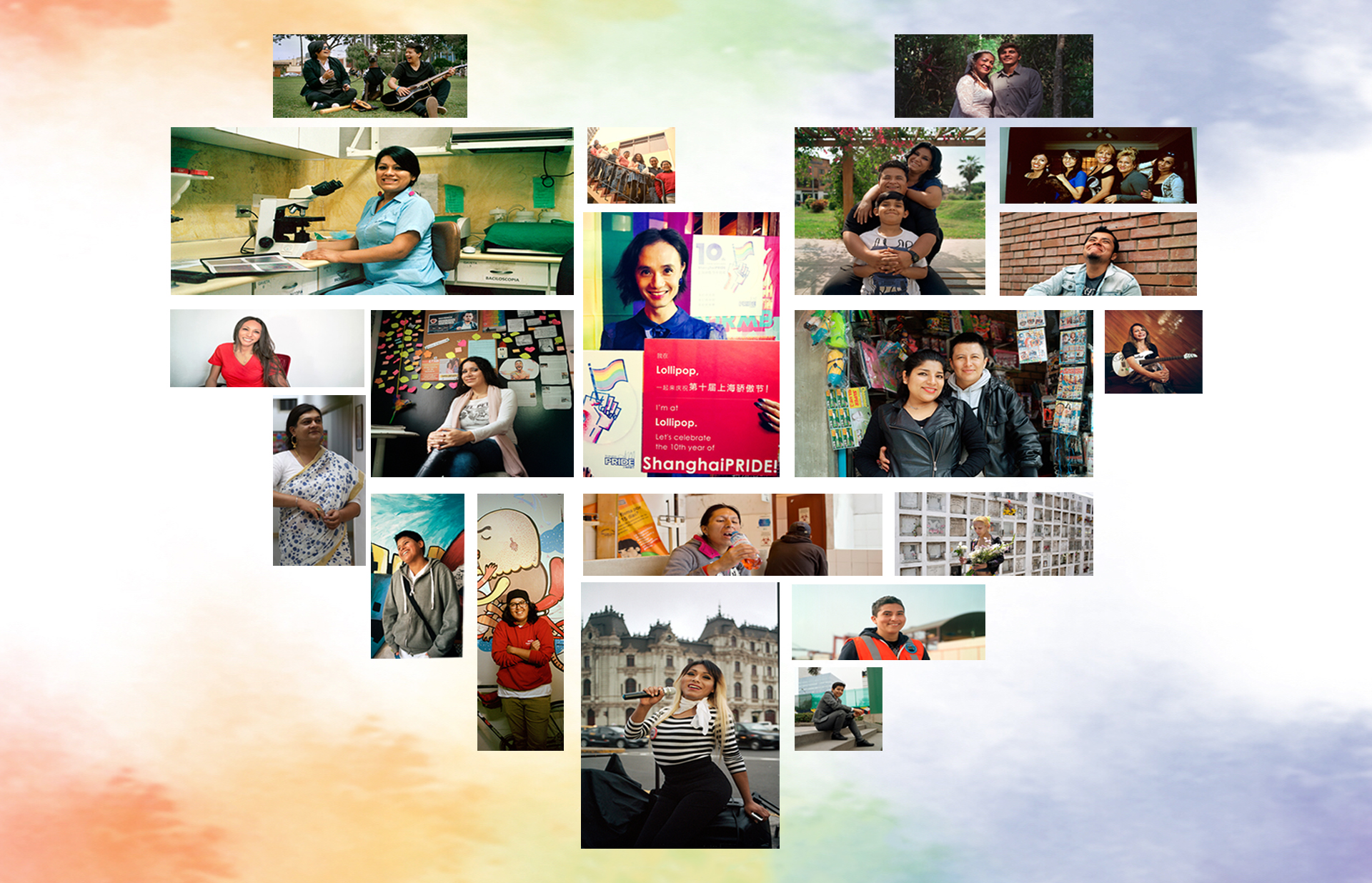“Is it safe to do their work?” Renaè Green and Donique Givans go silent for several seconds. “I am still scared,” says Ms Green, the Associate Director for Policy and Advocacy at TransWave Jamaica. “I don’t like to go to certain spaces. If anyone wants to participate in one of our campaigns, we explain the risks. You don’t know what kind of backlash you might experience.”
Ms Givans, who is the organization’s community liaison officer, knows this all too well. She wasn’t up front about her gender identity with her father when she began becoming more visible in her advocacy work.
“He doesn’t want anything to do with me now,” she says, her voice shaking a little. “He told me to go and not to come back to his house. So, we do let people know they might have difficulties.”
TransWave was formed in 2015 following a lesbian, gay, bisexual and transgender health and gender-based violence training, conducted by WE-Change and supported by the Jamaica Forum for Lesbians, All-Sexuals and Gays and Jamaica AIDS Support for Life.
TransWave’s Executive Director, Neish McLean, is the only transgender man at the helm of a Caribbean transgender organization. Recently Mr McLean discussed his personal journey publicly, exploring issues ranging from the distinction between gender identity and sexuality to top surgery. This is largely unchartered territory in a Caribbean nation famed for its social conservatism.
“For a long time, people actually said that transgender people didn’t exist in Jamaica because people could not put a face to them or identify anyone who was transgender. Now we have so many people who identify. It has helped in terms of explaining who transgender people are,” explains Ms Green.
In addition to increasing transgender visibility, TransWave advocates on a wide range of subjects that affect the community—the lack of access to transgender-oriented housing, education and employment, for example, as well as initiatives to reduce poverty and violence. HIV is a huge challenge. A 2018 Integrated Biological and Behavioral Surveillance Survey conducted by the University of San Francisco found that 51% of Jamaican transwomen tested were living with HIV.
TransWave advocates strongly for all members of the community to access health care.
“Many are aware that they are HIV-positive but don’t seek treatment. They are just waiting to die. People cannot stomach not being able to live their lives as their real selves and won’t put themselves through the distress of going to a clinic,” says Ms Green. “It becomes difficult because all eyes are on you and you are putting yourself at risk for people to attack or hurt you,” explains Ms Green.
In July, UNAIDS Jamaica supported TransWave’s Transgender Health and Wellness Conference. The event helped launch a toolkit on how health-care providers can provide holistic, non-discriminatory services, along with dialogue around the rights and inclusion of transgender people. The organization has also met some employers to gauge the degree of acceptance for the inclusion of transgender workers.
Ms Givens paints a mixed picture of what life is like for transgender people in Jamaica.
“It is very difficult, but people try to align themselves with society’s gender norms. They might do a little makeup to feel comfortable, but they don’t go heavy. Some workplaces allow people to be themselves, but you don’t have transwomen wearing skirts,” she said.
Public transportation is often challenging. When TransWave books a taxi, for example, they are never sure if the driver will be tolerant. Renting an apartment can be a landmine. Lower-priced housing often means living in a less safe area. Landlords and neighbours can be judgemental.
At the extreme, homelessness remains a major problem, with some young transgender people being thrown out of their homes before they even become teenagers. This is often the starting point for a frightening array of vulnerabilities, including a lack of schooling, poor job prospects and bad health, with some turning to sex work.
Asked about their hopes for the future, Ms Givans and Ms Green list adequate funding for TransWave and being able to further their education. Ms Green adds that she would like to emigrate.
“But not everybody wants to leave Jamaica and not everybody should leave,” she says pointedly. “That’s why we are working so hard. So that we can get to a point where everybody is accepted.”



